6 Scientific Ways to Lose Body Fat Safely
Safe and effective fat loss is a long-term endeavor. "People who lose weight quickly by following the latest diet, starving themselves or exercising excessively at the gym usually regain all or more of the weight they've lost," Friedman says. Unless you focus on the bigger picture, the weight loss results will be temporary.
Show key points
- Sustainable fat loss requires long-term lifestyle changes rather than quick fixes like extreme dieting or excessive exercise.
- Incorporating healthy fats such as those from fish, nuts, and avocados can support satiety and aid fat loss, while trans fats should be avoided.
- Reducing consumption of highly processed foods and refined sugars is crucial, as they contribute to fat gain and disrupt insulin regulation.
- ADVERTISEMENT
- Replacing sugary drinks and alcohol with water can significantly lower daily calorie intake and enhance fat metabolism.
- A diet rich in high-quality protein not only curbs hunger but also maintains muscle mass and boosts calorie burn through thermogenesis.
- Consuming adequate fiber from sources like beans, oats, and fruits promotes fullness, supports gut health, and targets belly fat reduction.
- Fermented foods and vinegar-based supplements can improve gut microbiome health, which plays a role in effective and lasting fat loss.
1. Eat more good fats
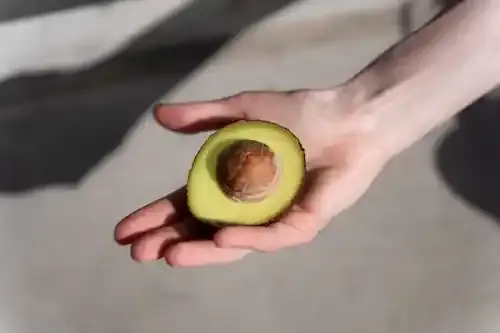
Instead of a low-fat diet, focus on eating beneficial "good" fats like trans fats and limiting harmful "bad" fats like trans fats. "Eating fat actually helps you lose weight because it slows down digestion and helps you feel more satisfied after a meal," says Friedman. Eat heart-healthy monounsaturated and polyunsaturated fats by eating fish, avocados, olives, olive oil, eggs, nuts, nut butter, seeds and dark chocolate. At the same time, avoid trans fats, which are found in fried foods, margarine, margarine, baked goods and processed snacks.
Recommend
2. Avoid highly processed foods and refined sugars
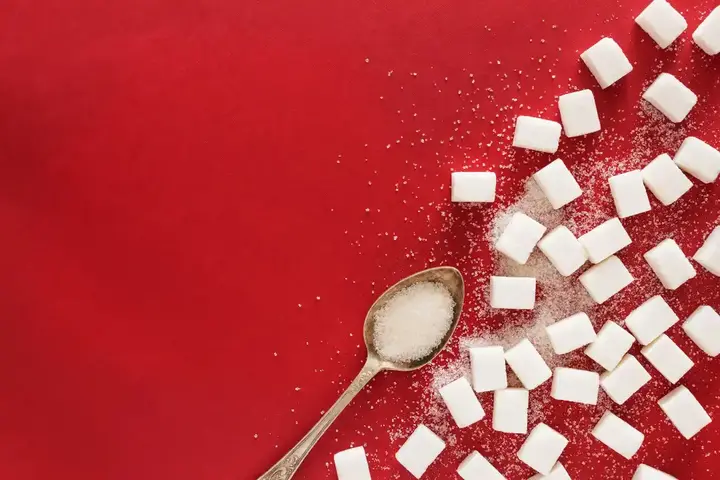
A recent study found that from age five onwards, nearly 70 percent of the average American's diet consists of highly processed foods, which isn't good news for body fat. "The main sources of unwanted oils and fats in the modern Western diet are not meat and poultry, but bread and baked goods, along with spices," says Dr. Fenster. "Ultra-processed foods are full of unhealthy fats that are often combined with a dizzying array and an overly insignificant amount of sugars and salt, making them extremely delicious and addictive." People also tend to overeat highly processed, low-nutrient, and pre-packaged foods such as pastries, cakes, potato chips, and margarine. The average American eats 152 pounds of refined sugar each year, which can really mess with blood sugar and increase insulin levels, which also affects fat storage. "Refined sugars, a staple in highly processed products, are empty calories," says Dr. Finster. "Reducing calorie intake motivates the body to use its fat reserves, thereby reducing body fat content.
3. Keep an eye on what you drink

High-calorie soft drinks, alcohol and other highly sweetened liquids can make up to 30% of a person's daily calorie intake, and often contain high-fructose corn syrup, which has been linked to fatty liver disease and other diseases in the human body, says Dr. Alexis. Instead, drink more water. "More than half of U.S. adults don't drink enough water because they're too busy, forgetting, or not tracking it," Friedman says. "Drinking water is essential for burning fat from food and drink, as well as stored fat." In fact, research at Frontiers in Nutrition has found that increased water intake leads to increased lipolysis (lipolysis) and reduced growth of new fats. How much water do you need? "The rule of thumb is to drink half your body weight in ounces a day," says Friedman. So, if you weigh 150 pounds, try consuming 75 ounces of water a day.
4. Add more protein to your diet
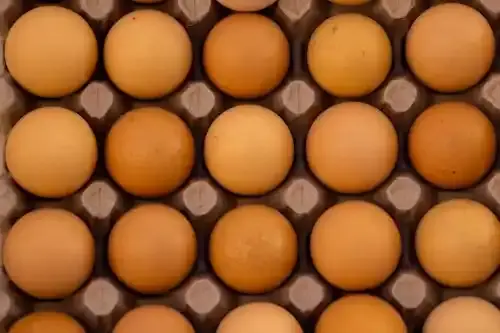
Diets rich in high-quality proteins can help you lose body fat by promoting a feeling of satiety (feeling full), helping you retain muscle mass while losing body fat and increasing diet-induced thermogenesis (burning calories from digestion). Protein intake also helps reduce the production of the hunger hormone ghrelin, which can help you crave fewer sweets and carbohydrates. One study found that increasing protein consumption to 25 percent of a person's daily calorie intake helped reduce food cravings by 60 percent and halved late-night snacking cravings. Adding more protein to your diet may also help boost your metabolism so that your body burns more calories throughout the day. Friedman recommends getting 15% of your daily 25% calories from high-quality protein sources to help with weight loss, depending on your age, gender, and activity level.
5. Eat more fiber
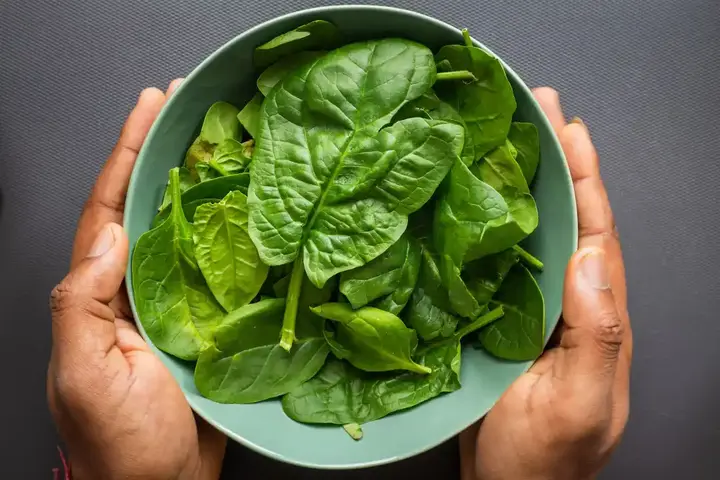
Fiber fills your body and takes longer to digest than sugars, proteins, and carbohydrates. Research shows that people who followed a diet and consumed 30 grams of fiber per day and did not eat any other dietary parameters lost a significant amount of weight. "In addition to weight loss, fiber is good for the heart, good for gut health and can reduce the risk of diabetes and some cancers," says Friedman, who recommends food sources such as oats, legumes, fruits, beans and wheat bran. Studies also show that fiber is great at reducing stubborn belly fat, which is important because excess belly fat carries with it a host of additional health issues, including an increased risk of type 2 diabetes and cardiovascular disease.
6. Supplements containing fermenters and vinegar
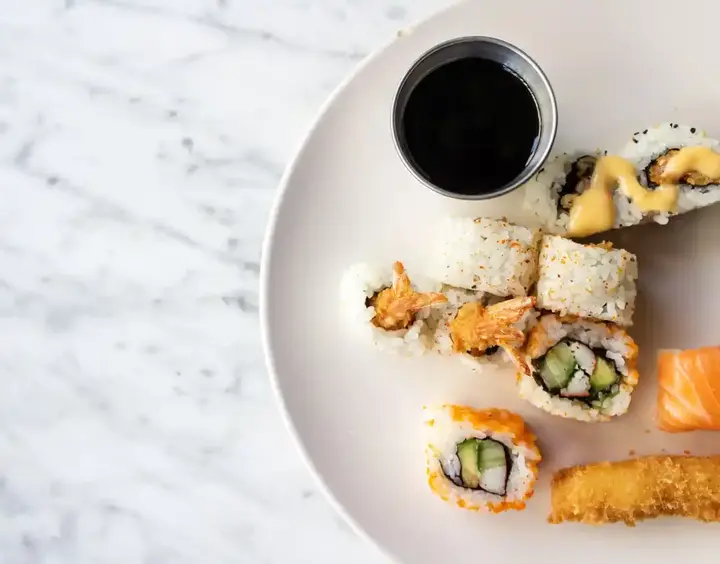
A healthy gut microbiome is an important link in healthy body fat loss and maintenance," says Dr. Fenster. Eating naturally fermented foods such as pickles, pickled cabbage, kimchi, kefir, and yogurt fills the intestines with healthy bacteria and provides them with the substrates they need to thrive.








